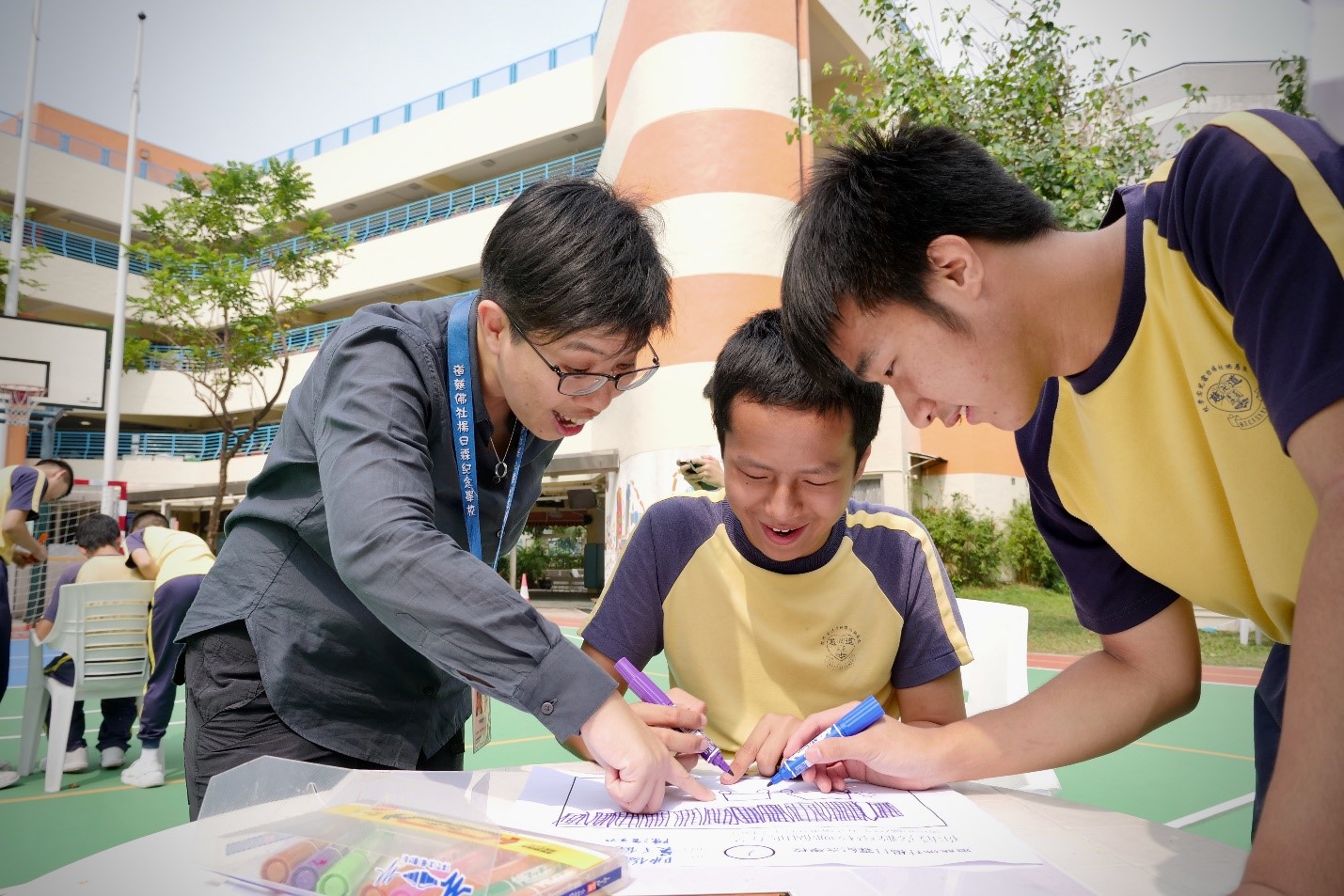
Making high-quality and inclusive computer science education a reality for everyone
All young people deserve to learn computer science to unlock future economic opportunities. By embracing computational thinking, students acquire fundamental skills for the 21st century such as creativity and problem-solving. Yet computer science remains absent from too many schools.
To close this skills gap, we first need teachers who understand the value of computer science and are trained on delivering high-quality and inclusive curricula, something which most students in Asia-Pacific desire. According to the ‘STEM Education in Asia Pacific” survey commissioned by Amgen and the Global STEM Alliance, 93% of Asia-Pacific students like Science, Technology, Engineering and Mathematics (STEM)-related subjects, but fewer than 50% say they are receiving the STEM resources they need.
We met five teachers from schools and nonprofits who are taking the lead. They overcame their own set of challenges to bring computer science to their communities, building methods that can now serve as models for other educators.
Nam Nguyen, Azrina Muhamad Zuki and Pensy Lee have grasped the importance of teaching computer science to all students, as anyone left out of this field will be at a distinct disadvantage when joining the workforce.
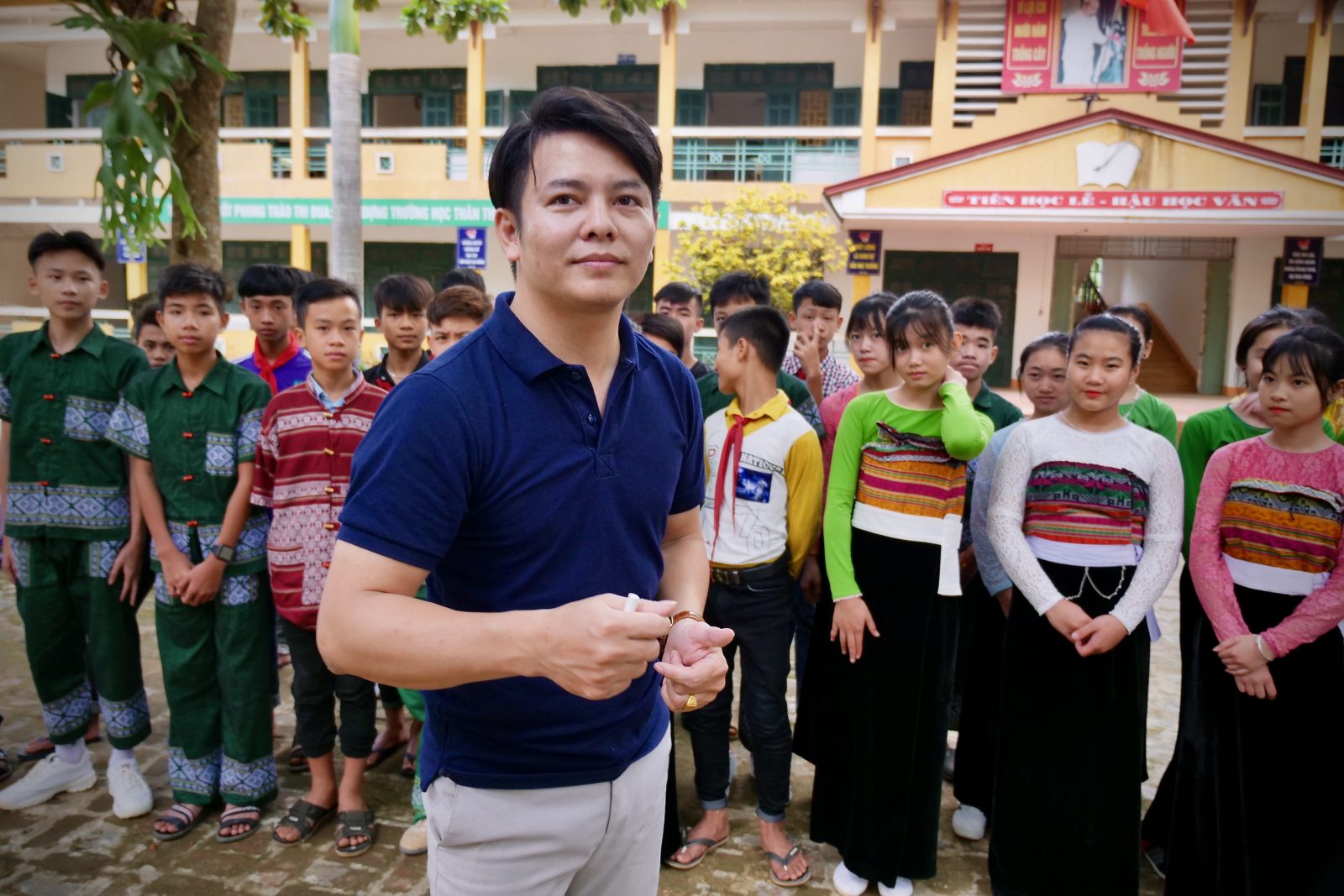
In Vietnam, Nam uses his upbringing in a remote mountainous region to fuel his drive to educate students he feels have been left out by public education. “I became a teacher to prepare the next generation with future-ready skills so no children are left behind,” he shares. “We can’t wait for mainstream education alone to fill the gap. I believe every teacher should have a growth mindset and take risks, in and outside the classroom.”
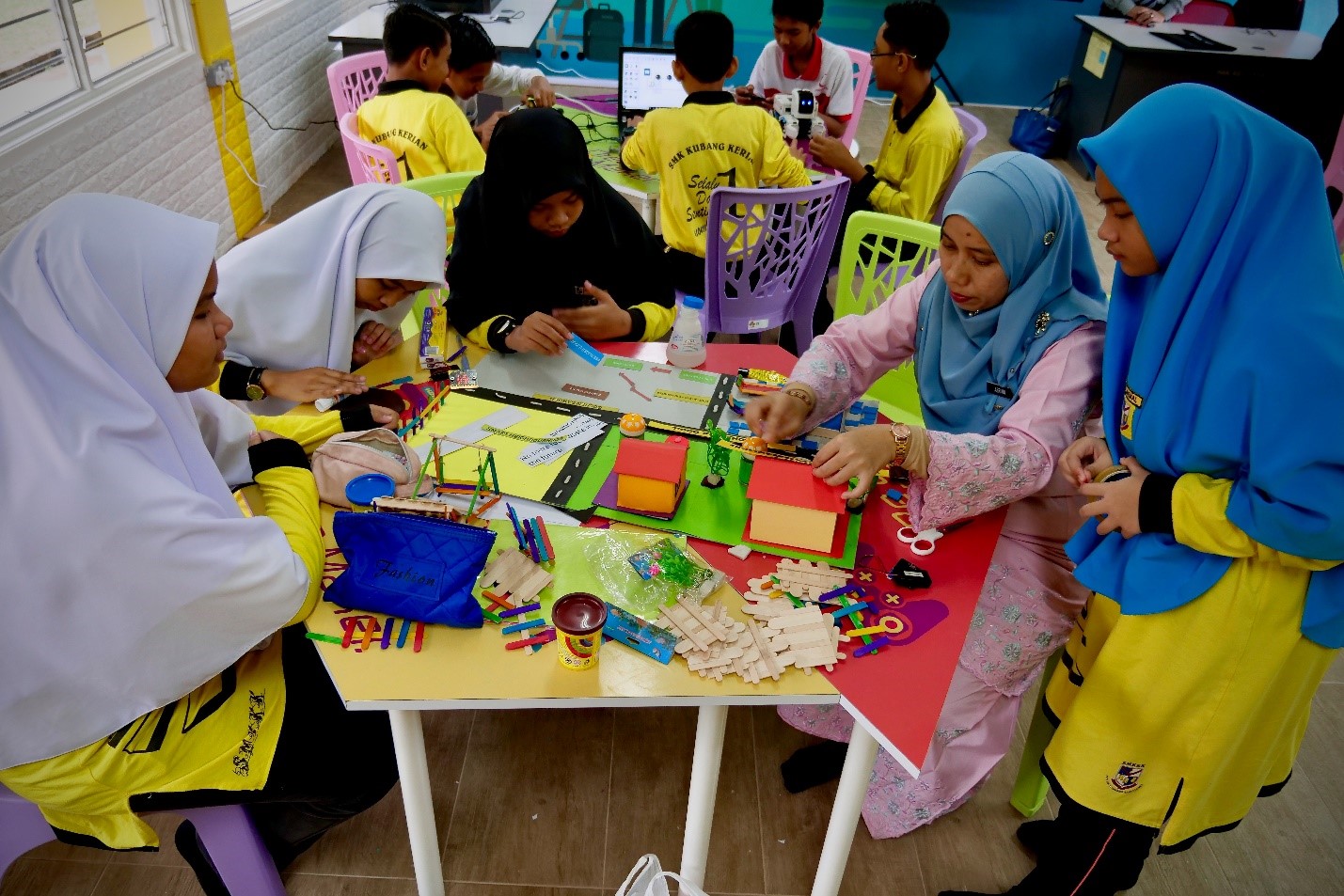
In Malaysia, Azrina designed a gender-sensitive lesson plan for her students to solve sustainability challenges like food waste, using the Unity-game platform, Skype in the Classroom and Paint 3D. “Too often, computer science is taught without real-world applications. When I connect the dots, my class becomes full of energy, with both girls and boys engaged to change the world,” she says.
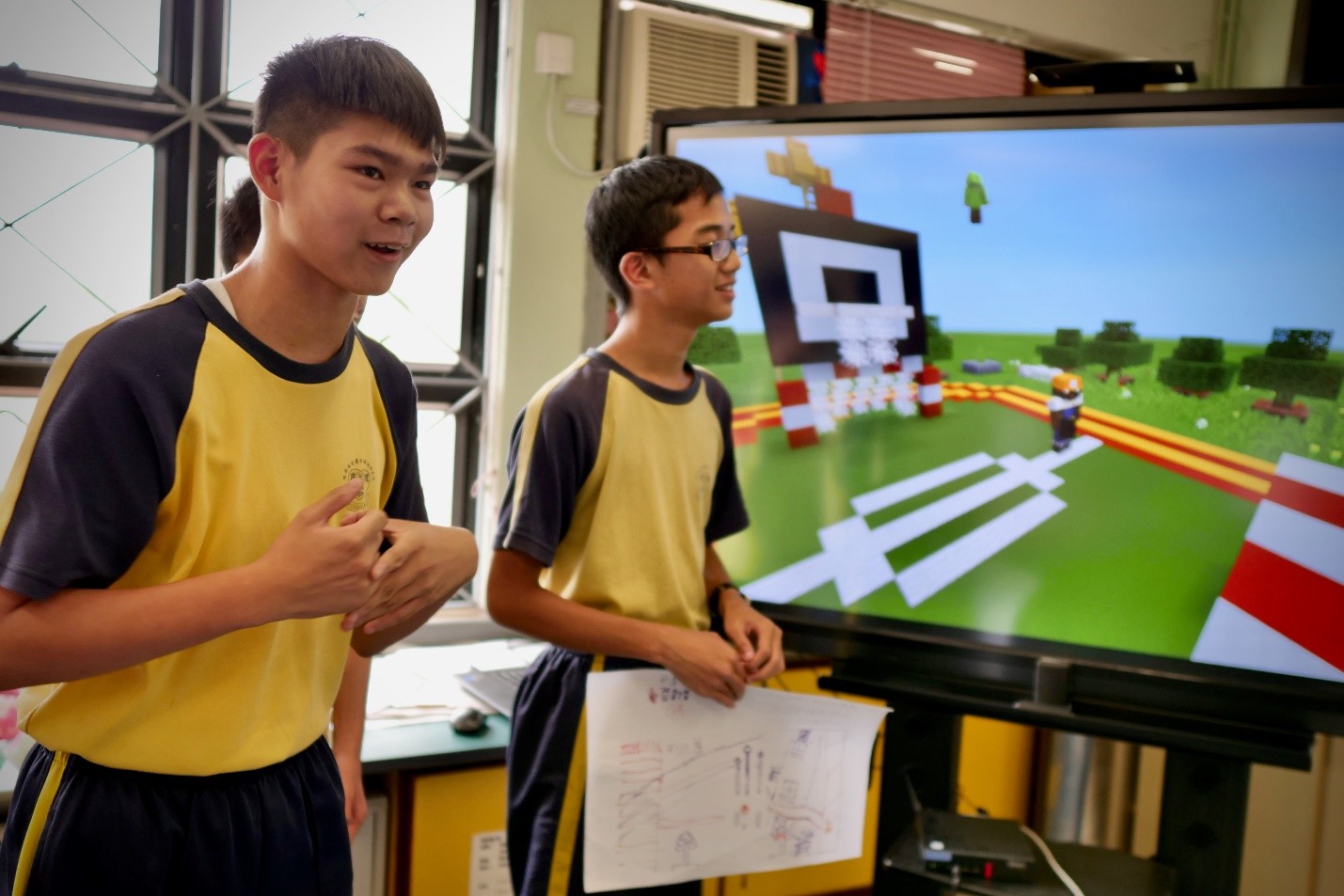
In Hong Kong, Pensy teaches students with special needs. “There aren’t enough special education teachers who teach computer science,” she says. “Yet for students with special needs, technology can be a life changer.”
In her classes, Pensy teaches students how to code using game-based learning through Minecraft: Education Edition, along with other visual art mediums. “It gives them an infinite playground where they can learn computer science concepts through trial and error,” she explains.
These teaching methods have had a tangible impact. Nam’s students have taken huge strides in their abilities. “In my classes I’ve seen children go from never having seen a computer, to programming tools to support their learning in mathematics or English,” he says.
Azrina, in her role, has seen her students, especially the young women, benefit greatly from her courses, which is vital in our collective effort to address the tech industry’s gender imbalance. “I’ve seen my female students go on to major in STEM at university,” she explains. “They told me that learning computer science in school gave them a big head start in their studies.”
Pensy’s students won two inter-school coding competitions, though more importantly, she shares, “what they really won was the confidence to engage in their communities.”
Elsewhere in Asia, Santhusha Jayathilake and Dr. Tim Bell are thinking out-of-the-box to deliver high-quality computer science education.
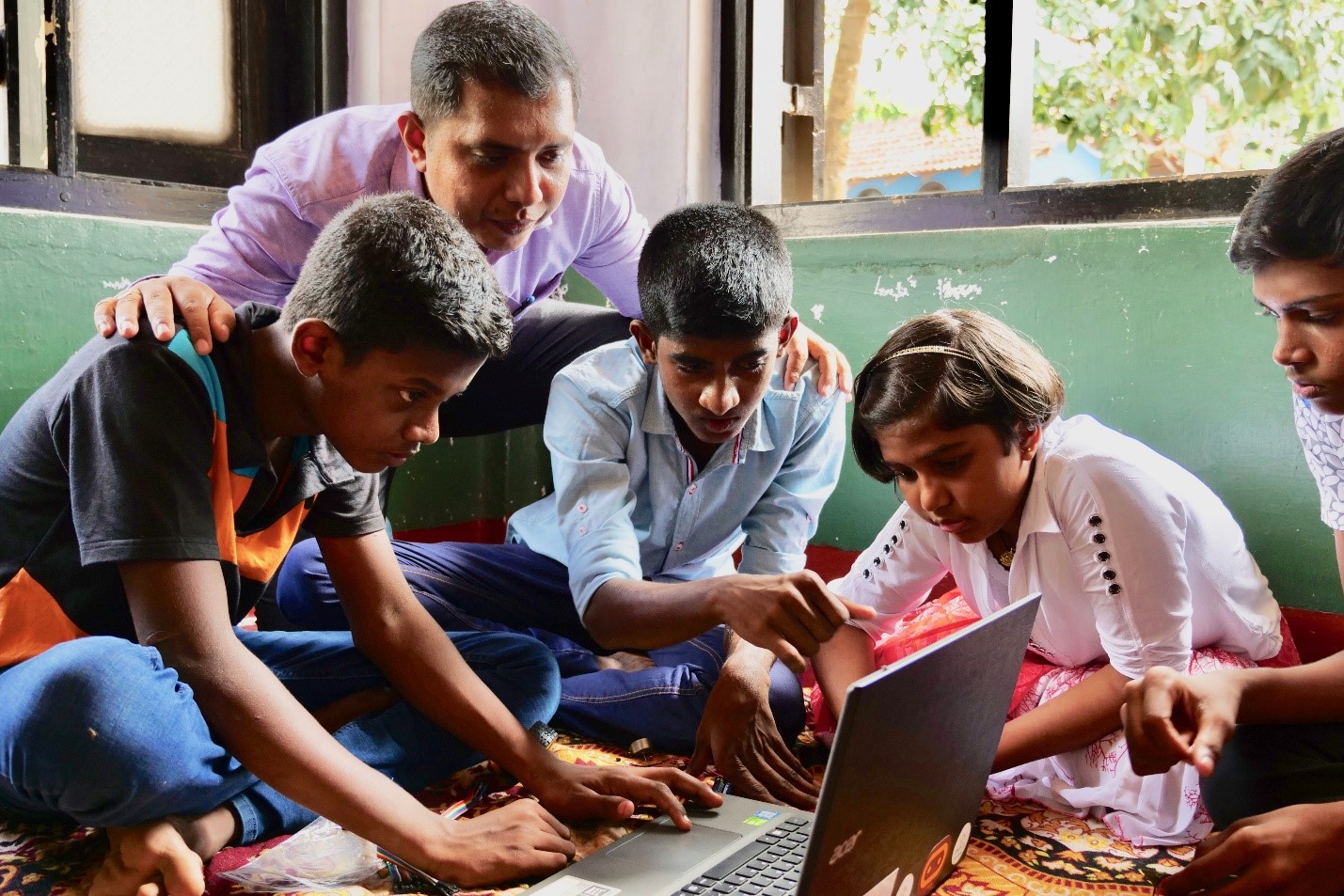
In Sri Lanka, Santhusha has set up a computer learning center. His goal is to shift the perception of computer science by parents and teachers, some of whom don’t encourage students to learn these skills as they are not part of the national curriculum. His students, meanwhile, get hands-on practice with location-specific challenges.
“I use the micro-bit, a pocket-sized computer that students can code to solve real-world problems, with simple visual programming,” he says. “When my students coded an earthquake warning system, I could see how they improved their critical thinking.”
Over in New Zealand, Tim pursues similar goals, though by taking a different approach: he doesn’t use any computers in his classes. “I think it’s best to teach computational thinking with just cards, string, crayons and lots of running around,” he explains. “What matters is to make computer science fun and engaging for students.”
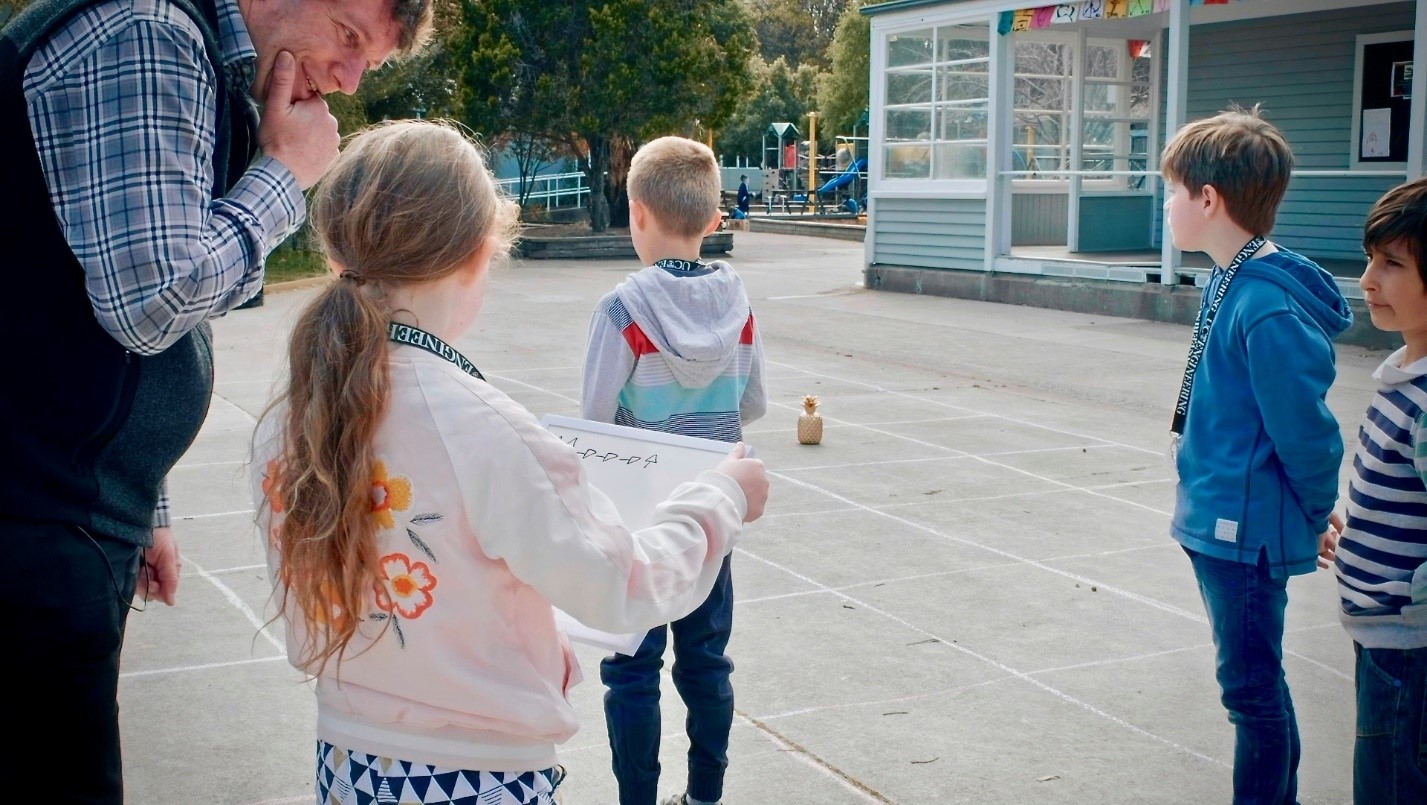
He created an innovative curriculum called CS Unplugged, which includes a set of offline challenges aimed at increasing curiosity towards computing skills. “Any teacher from any discipline can do it,” Tim says. “There’s nothing to fear even if you haven’t taught computer science before.”
As with Pensy, Nam and Azrina, these two teachers have seen demonstrable impact from their teaching styles. “I feel proud when I see my students go on to study at university, find quality jobs and come back to their village to coach the next generation,” Santhusha shares. “Schools and parents are now showing an interest in computer science courses.”
Tim adds that this sort of education is about much more than simply learning future skills. “CS Unplugged is a stepping stone for teachers and students to be empowered citizens,” he states.
By utilizing their ingenuity, along with support from Microsoft, these changemakers from vastly different countries have addressed unique challenges to ensure that their students are ready for the future.
The world needs more computer science educators like them, as when everyone has the chance to reach their full potential, we all prosper.
Prepare students for a promising future. Take your first steps today by joining the largest online community of educators and learning how to facilitate an Hour of Code here.













